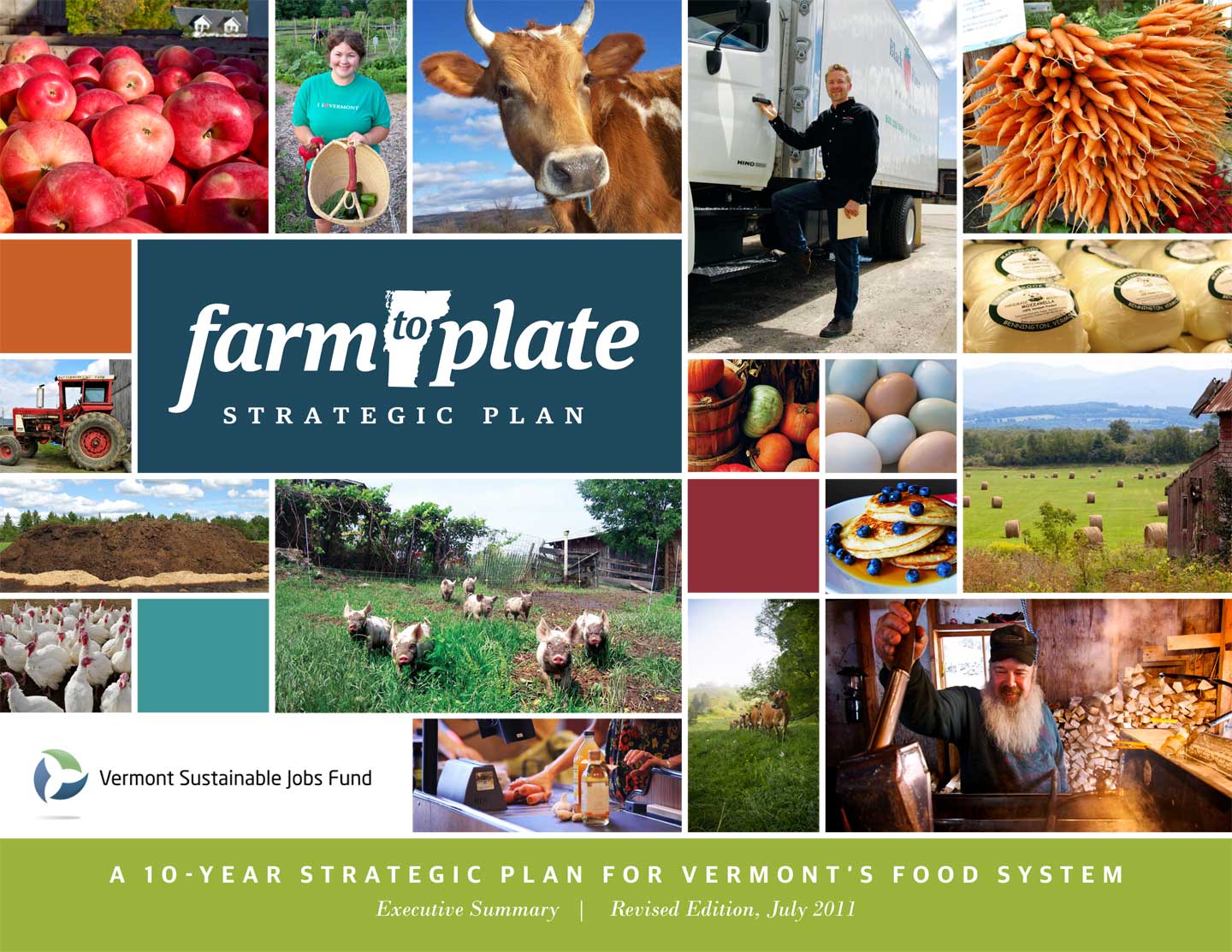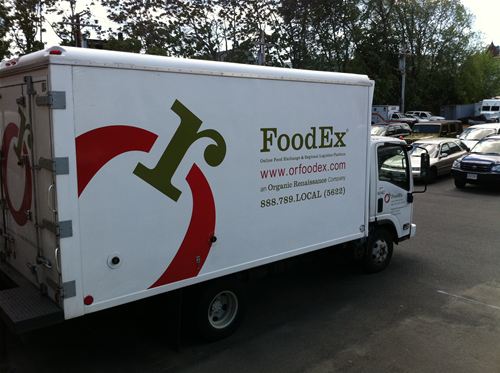Growing Good Food Enterprises through Impact Investing – Part 3
Part 3: Key Players in Food Systems Impact Investing
At the national level, Farmland LP invests in conventional farmland and converts it to higher-value organic farmland. RSF Social Finance’s Food & Agriculture PRI Fund, on the other hand, focuses on investing in value-added processing local/regional food distribution businesses. The fund made its first loan to Common Market Philadelphia, a non-profit social enterprise that aggregates food from local farms in the Philadelphia area and distributes to institutional customers in the region. RSF recently made a second loan to Crown O’ Maine Organic Cooperative, a local food distributor based in Maine and committed to supporting Maine farmers. In 2012, Slow Money, a national food systems non-profit, plans to launch the Soil Trust, which will reinvest donations from individuals and foundations in a variety of good food enterprises.
![]()
At the regional, state, and local levels, there are a variety of impact funds focused on different aspects of the food system, including farmland preservation, farm financing, and infrastructure development. Here, we’ll consider efforts in New England, as that’s the region where the Fair Food Fund is initially planning to focus. For New England farmers and farm-related enterprises that are unable to work with conventional lenders, The Carrot Project catalyzes small loans for equipment and infrastructure by providing collateral in the form of loan guarantees. In addition, members of Slow Money Maine have set up the No Small Potatoes Investment Club to make microloans to Maine farmers and farm-related businesses, and the Maine Organic Farmers and Gardeners Association (MOFGA) has a similar loan program that specifically serves Maine organic farmers.
Other New England impact investors focus on investing in the infrastructure that connects farmers with market opportunities. In Maine, Coastal Enterprises, Inc. (CEI), a Maine-based community development finance institution (CDFI), has been involved in financing Maine’s agricultural sector for 30 years. CEI has developed its sustainable agriculture investment fund (SAIF) to make debt and equity investments in Maine-based good food enterprises. In addition, CEI recently received $3 million in Healthy Food Financing Initiative funds (federal dollars) and is working with Wholesome Wave, a Connecticut-based food systems non-profit, to provide technical assistance and investment in grocery stores and other good food enterprises in underserved communities throughout New England.

VSF Farm to Plate strategic plan
In Vermont, the Vermont Sustainable Jobs Fund recently completed its Farm to Plate strategic plan for sustainable food system development in the state and has recently launched the Flexible Capital Fund to provide near-equity investments (e.g., royalties, subordinated debt, and warrants ) to good food enterprises in Vermont. The Flexible Capital Fund has raised $1.75 million to date and plans to cap its investment at $4 million. It is currently closing its first investment in Vermont Smoke and Cure, a Vermont-based producer of ham, sausage, bacon, and other smoked meats that supports over 600 local farmers.

Organic Renaissance Food Exchange delivery truck
In Massachusetts, the PVGrows Loan Fund is a $750,000 fund designed to invest in “viable but not bankable” good food infrastructure enterprises in the Pioneer Valley region of western Massachusetts. The PVGrows Loan Fund is a collaboration of foundations, institutional investors and non-profit organizations and is administered by the Western Mass Enterprise Fund. To date, the PVGrows Loan Fund has made one loan to Organic Renaissance Food Exchange, a regional food distribution business and logistics platform. The Fund is currently accepting additional loan applications.
Check back soon for the final blog post in the series, which will discuss some of our thoughts on the future of food systems impact investing.







